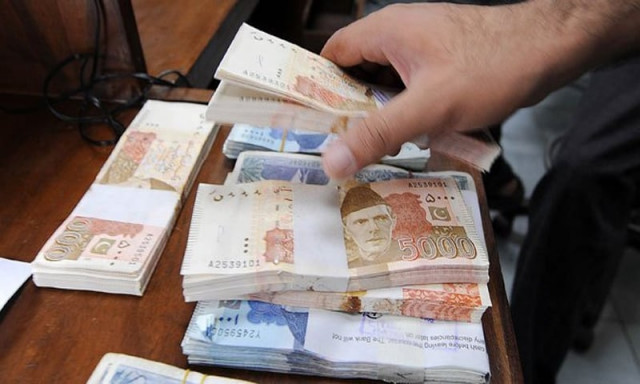Startup funding down to $350m
Funding dips on uncertain macroeconomic conditions, political turmoil

Although Pakistani startups attracted a significant amount of investment in the 11 months of 2022, the investments took a downtrend with the passing of every quarter due to uncertain macroeconomic conditions and increasing political turmoil in the country – distracting investors from signing big cheques.
Speaking to the Express Tribune, Alpha Beta Core CEO, Khurram Schehzad said, “When the country’s overall economy is going south, one cannot expect startup funding to go north. Globally, venture funding has dipped by 30% as well.”
According to Data Darbar, a leading platform mapping updates about Pakistani startups, despite the global economy slowing down, and the challenges brought on by the high costs of doing business, Pakistan has remained an attractive market for investors in innovative business models – with overall startups funding hitting $350 million by November 2022.
TechShaw, a research site, said data showed that investment received by Pakistani startups stands slightly higher at $5 million or 1.4% – reaching $345 million by November 2022, as compared to startup funding of $340 million received in a similar period last year. However, data from different sources varies due to the fact that there is no centralised government system tracking the deals.
“Pakistan may be going through a paradox, experiencing the best and worst of times,” said Hassan Mumel, an official of a growing fintech operator, ABHI. “With utmost certainty, we can say that this country is full of opportunities with many gaps to fill, where small startups are solving big problems in various sectors, from agriculture to finance and beyond.”
“To all new founders, tread carefully in the coming months, solving what you solve best, staying true to your vision and mission, and making wise decisions to not just survive, but thrive in and out of Pakistan,” Mumel warned.
The Co-Founder of Data Darbar, Mutaher Khan told the Express Tribune that, “We are Rs15 to Rs16 million short of what we raised in the same period of last year. This time, there were seven fewer deals made, compared to the corresponding period of last year.”
In the first quarter, Pakistan’s startup market witnessed fast growth in funding, but slowed down to $172.75 million in the subsequent quarters. The second quarter recorded $102.94 million while the third only $55.4 million.
“Everybody has resorted to a just “wait and watch” policy with regards to Pakistan’s macroeconomic situation,” Mutahir remarked.
Startups create unique business opportunities in mainstream sectors, while enhancing the overall size and dimension of these sectors. This helps in facilitating customers through innovative products and services.
“Pakistani startups raised $12 million in disclosed funding across four deals in November,” said TechShaw in its report.
Those four deals included $10 million raised by Finja in Series A2 funding from HBL and Sturgeon Capital, Waada raised $1.3 million in funding from undisclosed investors, BusCaro received $0.5 million in seed funding from multiple angel investors and BizB raked $0.25 million in seed funding from Accelerating Asia.
The overall funds received by startups in Pakistan stood at $284.8 million by the end of the first half of 2022. The value of the investment surged to $328 million in the next quarter, whereas it now stands at $345 million with one month still to go.
“Pakistan is an attractive economy for foreign, and local, investors who have continued to explore its potential through funding in startups in multiple sectors,” said Syed Azfar Hussain, Project Director of the National Incubation Program in Hyderabad.
“However,” he added, “the expected inflows of funds from various Venture Capitalists (VCs) remained slow in the second half of 2022 due to the economy slowing down globally and the clamour witnessed in the domestic political circle – which is likely to continue in the next year too.”
“Startup founders should work consistently on innovation, maintaining the quality of their service by adopting technology and good business practices to remain viable and sustainable in the local market,” he added.
“In order to attract funds from foreign investors and VCs, startups should develop business models on the basis of scalability, and their models should be replicated and expanded to more countries other than Pakistan,” said Hussain.
Published in The Express Tribune, December 14th, 2022.
Like Business on Facebook, follow @TribuneBiz on Twitter to stay informed and join in the conversation.


















COMMENTS
Comments are moderated and generally will be posted if they are on-topic and not abusive.
For more information, please see our Comments FAQ